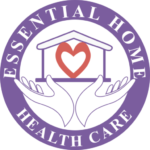Essential Home Health Care Home Health Programs
Stroke Recovery and Rehabilitation
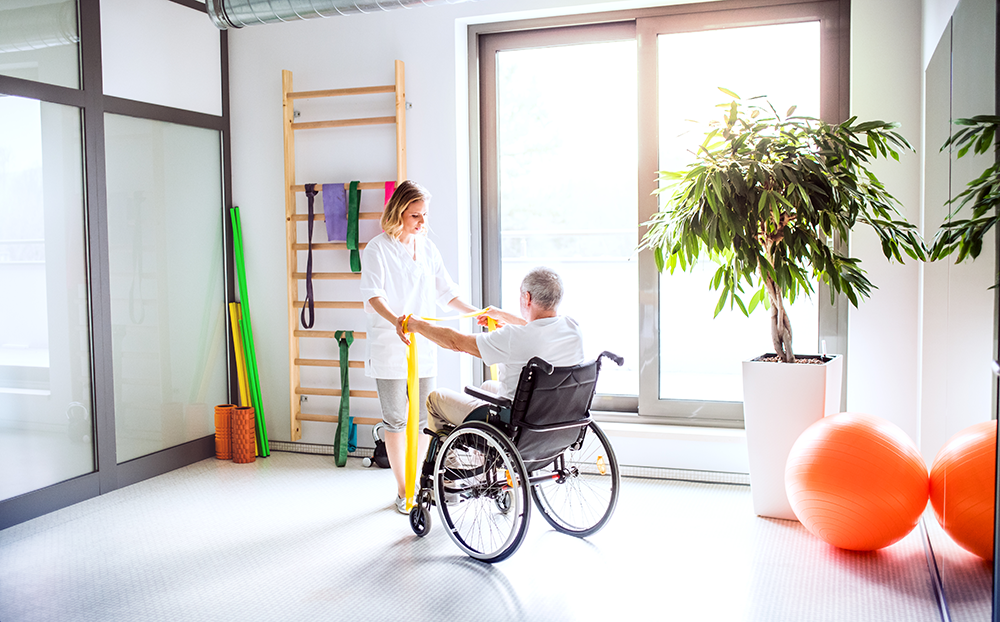
Stroke
The American Heart Association and American Stroke Association after extensive research states that the stroke is a serious condition that needs to be addressed at the earliest. A stroke is a life-altering event that can affect you both physically and also emotionally. After a stroke, it can be difficult to perform everyday tasks and may need help. These difficulties may be caused by a variety of stroke related conditions, including limb weakness, numbness, or paralysis, communication difficulties, vision difficulties, and also one-sided neglect.
Getting dressed, preparing a meal, doing laundry, and staying organised for the week are all tasks that can become difficult after a stroke and need help to complete on time. Simple everyday tasks may need to be relearned after stroke, and you may need to take more frequent rest breaks as a result of your condition. Everyone’s experience with a stroke is different, and so will their recovery from stroke be.
Stroke And Brain
According to the research of American Stroke Association, stroke is one of the top five leading causes of death in the national level and a leading cause of disability in the country. Every year, approximately 800,000 people in the United States suffer a stroke, and there are nearly seven million stroke survivors in the country. One of the causes of death in national level, due to stroke is the unavailability of help at the proper time when strokes occur.
A stroke is characterised by the interruption of blood flow to a portion of the brain. Pressure in the brain is created when a blood clot blocks an artery in the brain or when a bleed from a blood vessel in the head causes pressure in the brain to build up as a result of stroke.
In either case, brain cells die and the brain is damaged, either temporarily or permanently, as a result of the stroke experience. A person’s memory, movement, speech, and also other abilities may be impaired depending on the area of the brain that has been deprived of oxygen during the event of stroke and help from a professional is required. A rapid restoration of blood flow or relief of pressure through medical treatment has the potential to restore full function to the brain after a stroke.
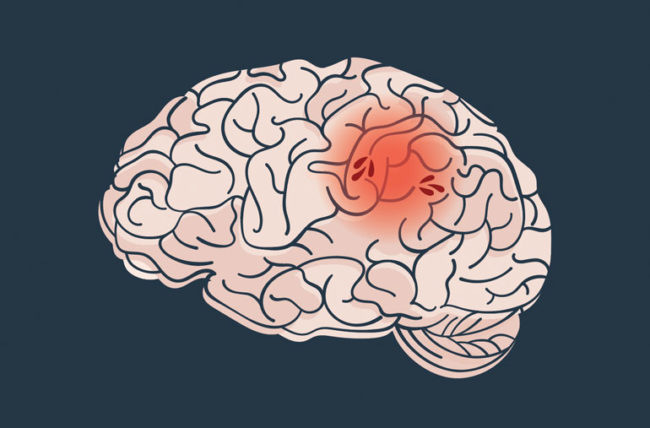
Stroke And its Effects
- On one side of the body during a stroke, you may experience paralysis (inability to move certain parts of the body like arm, legs etc), weakness, or both. In this case help is needed.
- You’re having trouble with your thinking skills, awareness, attention, learning, judgement, and memory after stroke. In this scenario help is needed.
- Having difficulty understanding or forming speech is a stroke effect. Help is needed in this case.
- Having difficulty controlling or expressing emotions are indications of stroke. In this case help is required.
- Numbness or other unusual sensations are indications of stroke. In this case ask for professional help.
- During or after stroke, A burning sensation in the hands and feet that worsens with movement and changes in temperature. In this case help is needed.
- Having difficulty chewing and swallowing is a problem of stroke. We need help in this scenario.
- Control of the bladder and bowels is a issue of stroke. In this case help is needed.
- Depression is common after stroke. In this case too help is essential.
- Other disorders.
Stroke Rehabilitation
Stroke patients require specialized care and rehabilitation for a patient to recover. We hire home health aides and live-in caregivers who have received extensive training in patient stroke recovery and stroke rehabilitation at Essential Home Health Care Center based on the American CDC association guidelines.
How Does Stroke Recovery and Rehabilitation at Home Work?
Brain stem stroke are a type of stroke that needs uttermost intensive care to recover health of a patient and may have side effects. Stroke can also find the way to your heart and cause serious effects. When you select Essential Home Health Care Center as your home health care provider, you will be matched with a caregiver who has the necessary skills and information to help you to recover from strokes as quickly and effectively as possible and provide you with good news. Our stroke rehab facility rehabilitation caregivers will help you with the necessary services and resources to recover to good health, such as, but not limited to:
- Physical therapy (PT) and occupational therapy (OT) exercises are reinforced.
- Creating a Soft Diet Meal
- Providing transportation to and from important medical appointments
- Assistance with personal care
- Simple housekeeping
- Exercises in cognition
- Ambulatory support
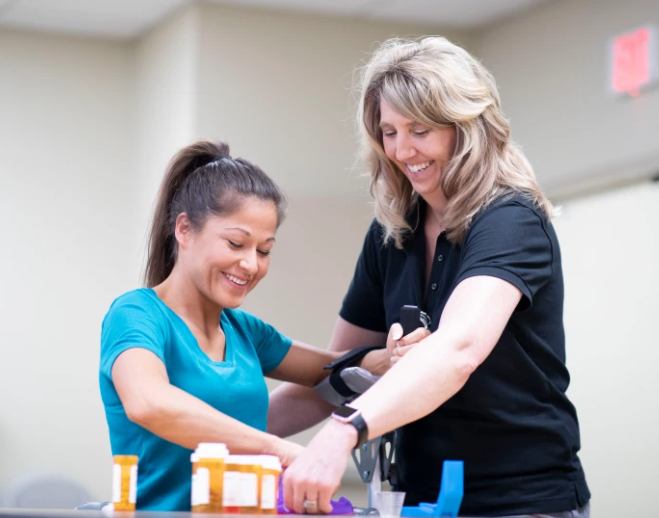
Stroke Rehabilitation, What to Expect?
The goal of stroke rehabilitation is to assist in relearning physical skills that were lost as a result of a stroke injury that affected a portion of your brain. Stroke rehabilitation & research can assist a patient in regaining their independence and find resources like in home medication management to improve their overall quality of life. Check our website for details about in home medication management.
The effects of stroke complications, as well as the ability of each patient to recover physical health, are highly variable. Researchers have discovered that many patients who participate in a focused stroke rehabilitation research programme outperform the majority of patients who do not participate in stroke rehabilitation research programmes.
Stroke Recovery Timeline
The Stroke recovery timeline differs from person to person. It’s difficult to find how many abilities you might regain and when you might regain them. After a stroke, recovery, rehabilitation can be a time-consuming and frustrating experience. Inevitably, we will find news about new obstacles to overcome along the way during recovery for a patient. Gaining the most benefit will be made possible by your dedication and willingness to work towards improvement of your injury.
The rate of recovery after a stroke is typically fastest in the first few weeks and months following the event. There is news, however, that performance of stroke rehabilitation can improve even 12 to 18 months after a stroke has occurred.
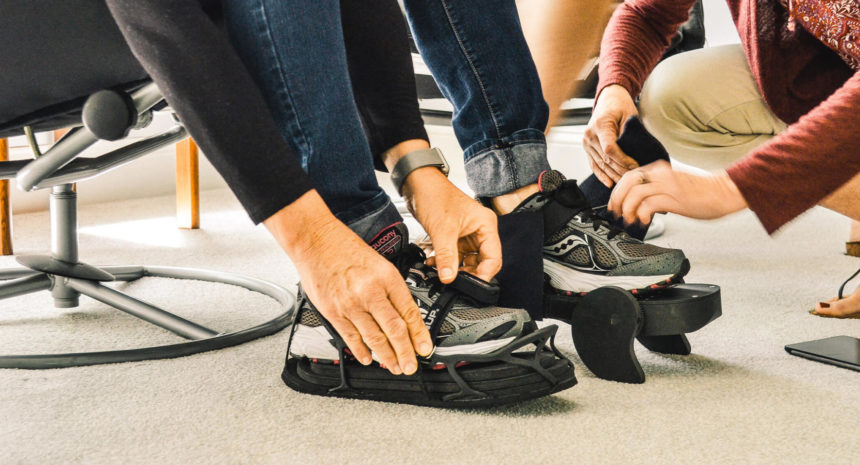
Recovery, Stroke Patients Regain
Rehabilitation stroke recovery takes time. In order to assist you to find skills that you may have lost as a result of having a stroke that affects a portion of your brain, you must first undergo stroke rehabilitation. In general, successful stroke rehabilitation is dependent on the following factors:
- Physical factors, like the severity of your stroke in terms of both cognitive and physical effects, are important information to consider during stroke rehabilitation.
- Emotional factors, like your motivation and stimulation of your mood, as well as your new ability to stick with stroke rehab activities outside of therapy sessions, are all important considerations in rehabilitation.
- Social factors, such as the encouragement, stimulation and support of friends and family, play a role in stroke rehabilitation.
- Many number of therapeutic factors, including a prompt start to your rehabilitation and the skill of your stroke rehabilitation team and the resources used, are important considerations that will provide good news
Recover May Need Time
The Stroke recovery timeline differs from person to person. Recovery from a stroke takes a different amount of time for each person; it can take weeks, months, or even years. Some people recover completely, while others suffer from long-term or permanent disabilities. You can make significant progress toward regaining your independence if you have suffered a stroke. Some issues, on the other hand, may persist.nih
Stroke Rehab Facility
While you’re still in the hospital, you’ll most likely begin the process of stroke rehabilitation. Before you leave the hospital, you and your family will find and collaborate with hospital social workers and other members of your care team to determine the most appropriate stroke stroke rehabilitation setting for a stroke patients regain in rehab.
The options include:
- Units for the treatment of inpatients : These facilities can be found on their own or as part of a larger hospital or clinic complex for stroke. As part of an intensive rehabilitation programme, you may be required to stay at the facility for up to two to three weeks for rehab.
- Units for outpatient treatment : These facilities are frequently found as a component of a hospital or clinic. Depending on your schedule, you may be able to spend a few hours at the facility several days per week.
- Nursing homes with a high level of expertise: A nursing facility provides a variety of different types of care. Some facilities are devoted solely to rehabilitation, while others provide less intensive therapy alternatives.
- Programs that can be completed at home: Having your therapy sessions at home gives you more flexibility than other options available. One disadvantage is that you will almost certainly not have access to specialised rehabilitation equipment. In addition, insurance companies have strict rules about who is eligible for home-based therapy.

Contact us or email us to know more
Our Mission
To assist our clients in maintaining a safe and healthy home environment conductive to achieving the highest level of functional independence in the comfort of their homes.
